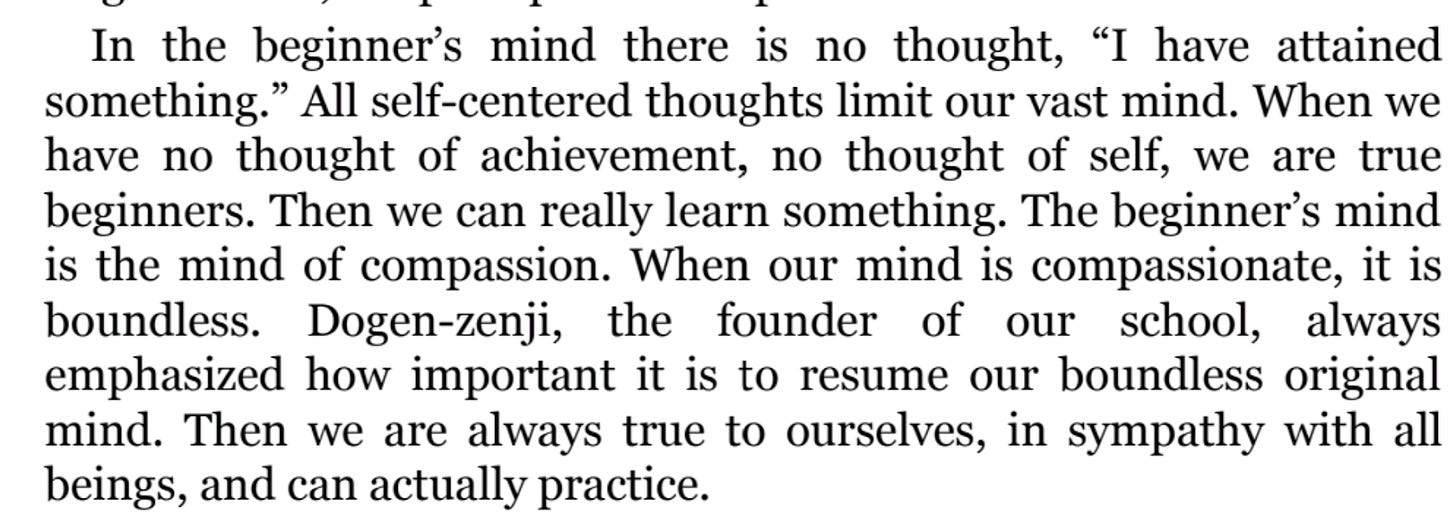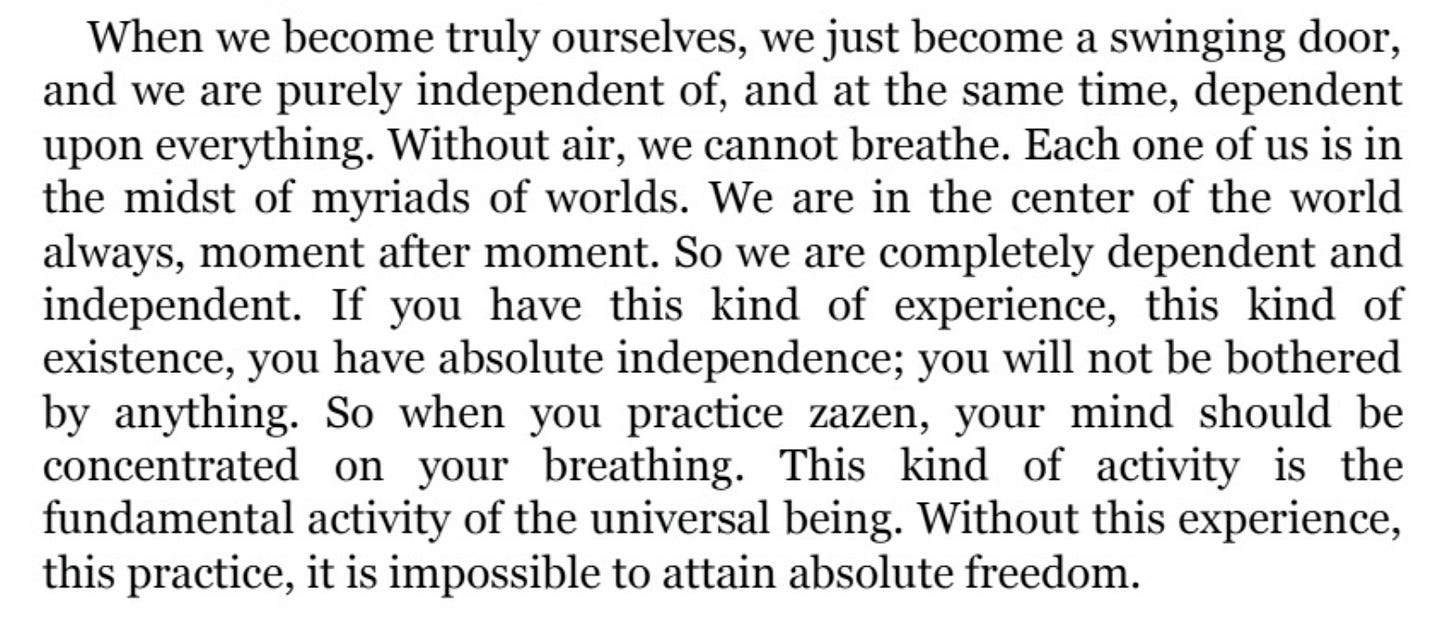
What do you see now? by Uzay G. '26
they say genius likes to alternate between the soil and the sky
-
Finite games where the goal is to win on a finite time horizon.
-
Infinite games where the goal is to keep contributing to the indefinite play of the game itself. For example, art, scientific discovery, humanism, etc…
When I discovered this dichotomy in high-school I resolved to play infinite games. To find and fight for the beautiful ideals in this world. To shout from the past and into the future – here I lay a small piece of this rich tapestry! I see what you have done and put down this stroke for all that you will do!
But I have noticed in the way people practice everything from philosophy to ai or even math – that the finite often comes clamping down on ideas of infinity – researchers fold to academic pressures and compromise on the quality of their work to get grants, artists get stuck in bubbles that make it hard for them to broaden their horizons, and students like me get swayed by status games and jump into industries they don’t care about so someone will reward them for being useful.
In all of these cases, we are brought down by our hunger (literal and metaphorical), our desire to prove ourselves, and the realistic impulse to be a part of and be recognized by the seductive structures of society. So it seems that many a man, living a life in so-called pursuit of high seas and those lauded ideals, is rarely able to see beyond his local bay, his glorious ship in reality just a small piece of flotsam, floating back and forth in the small corner of how him and his peers see their well delimited region of the world, him in it.
We try to go beyond our finite scale and identify with an effectively infinite universe, but is it really possible? Can we use our finite lives to cross through those waters and above tremendous waves to find new ground?
Maybe we are too limited by reality – we need resources to survive, we have to make ourselves legible and work with others, and we are surrounded by harsh feedback loops. On top of that, society instills this mindset by punishing or rewarding us based on our work and how good it is, starting in school. This process cements our desire for recognition, and harms our creativity by subduing it to an audience.
This is dangerous because our education couples the infinite game of art and creativity with the finite one of local validation and reward. It teaches us there is this nearby signal of quality which is reflective of art more generally, and of our worth. And so we start replacing the goal with its measure. We let the finite scope of our lives, the validation and constraints surrounding us implicitly replace the infinite target.
Maybe this tension is inevitable. But maybe not, and perhaps this tension arises precisely because we frame the infinite game as something for an individual to pursue rather than something for the world to inhabit – as an individual’s foray rather than a tree of parallel paths. If finite games are about separation, the self winning against the other, maybe infinite games are not really games played by individuals but a singular expression of unity— erasing the boundary between you and the world you engage with. Shunryu Suzuki’s Zen Mind, Beginner’s Mind, urges for this shift from pursuit to raw presence:


This perspective renounces goal driven behavior, prioritizing awareness and a sense of unity with the world. All self centered thought limits our vast mind. The goal was never the point. Act strictly in the moment.
This is hard, and might seem grossly unintuitive or incomprehensible. I personally have internalized the frame of the goal, the objective, the meme of success and efficiency.
But when you hide away your sense of self to purely engage with the world, the actions you take feel more natural, boundaries dissolve, and your perception is enhanced. This is flow, like Arjuna focusing in the Mahabharata (quoting my last post):
Dronacharya gave a test to his students. He showed them the bird and said, what do you see? One by one they said the bird, the leaves, the trees, the people around, etc… And then he asked Arjuna: what do you see? And Arjuna looked onto the bird and the storm calmed and the leaf stopped its course and his breath shortened and for a moment he stood at the edge and the world shrunk until there was no longer such a thing as an edge and he saw what the bird was and he said: I see its eyes. And then his limbs moved of their own accord and he drew his arrow and shot it straight into its eyes.
For Arjuna the question of control and trajectory and choice and energy dissolve into the simple reality that the world is in front of you and the wind is pushing you straight forward and your legs are walking onwards and your eyes are staring down the path and all you see is the eyes of bird. And then there is no notion of control or you and your shape hitting against the world there is simply the motion of life slipping from one moment to the next in fundamentally the only trajectory that made sense.
It seems to me that the lifeblood of the infinite game is the person who is defined by this state of flow, and this deep love of the essence of the game. This class of individual is deeply motivated by the thing for what it is, and deeply free by nature of this fact. That freedom is what allows them to actually innovate, and ignite those campfires which other players will gather around, like new movements, new styles, or new ways of seeing the world.
In Critique of Judgement, Kant defines genius as “the mental predisposition through which nature gives the rule to art”. The genius is then precisely this individual that is able to uncover the new rules of the game, by escaping the mold defined by the rest of society and the standards of what exists. The genius rejects those constraints to stare deeply at the world and find these new rules emerge from nature like diamonds shining in the dark! The genius has the depth of courage required to be happy looking at the world alone2, and the intensity to decompose and dive into nature to understand it, both its physical reality (in doing science), or one’s authentic and shared experience of it (art). The genius’ reward is to appreciate the new structure created or discovered, and see the world smoothly move onward.
This is how you play the real infinite game – jumping out into the wide open sea at full mast, in love with the world, momentarily forgetting that there is even a tomorrow to account for, and starting to see something worth looking at and understanding in the distance.
In that case, the path to infinity is simply now. What do you see? Look outside, it’s beautiful.